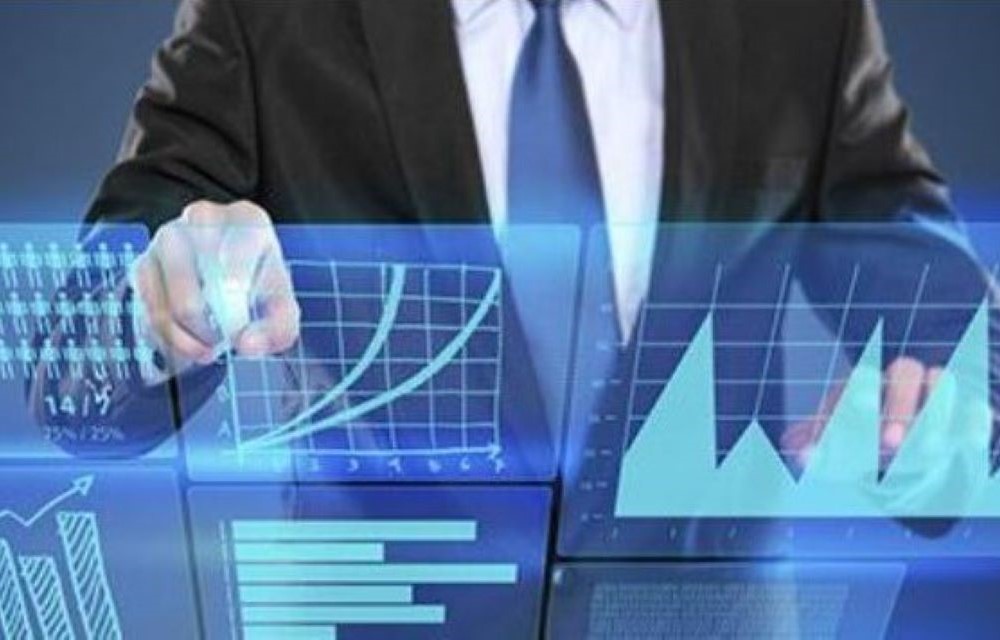Artificial intelligence is rapidly entering the decision-making process and the retail trading environment of South Korea is experiencing a major transition. Among the most evident changes, the trend of increasing popularity of AI-facilitated trading signals among forex traders can be included. Such tools are meant to search large volumes of data in real-time, and provide tradable information to even greenhorn traders to test the waters with an accuracy that later was accessible to institutional traders only.
The South Korean retail traders are associated with their desire to embrace superior technology especially in the financial markets where speed and precision matter. The use of AI-powered forex signals is quickly gaining popularity as it allows eliminating the element of emotional bias associated with making a trading decision and introduces it in its place guidance based on patterns, past data, and predictive analytics. Most of these tools have now been embedded into the mobile applications and websites that a trader can access through the sites regardless of their level of experience.
Such AI-driven strategies evaluate multiple different indicators like technical signals, sentiments in news, macroeconomic statistics, and price levels in order to create signals regarding probable entry and exit points. This implies that South Korean traders can get prompt messages that could indicate that a currency pair would breakout or reverse. These warnings indicate that users are able to better and quicker trade, and this is ideal in the 24-hour forex market where circumstances can change within a short time.
South Korean fintech startups and brokerage firms specialising in serving tech-savvy retail investors are also encouraging the adoption of tools powered by AI. Such companies usually have demo accounts where a trader can use AI signals in real-time, and without risking real money. This is a practical type of learning that enables the novice to get accustomed to market conditions and becomes confident in the AI systems that he may apply in real trading in the future.
Forex trading remains a good alternative source of income or source of independence to South Koreans. This is one of the key attractions of AI-powered signals and automation to people short of time to learn how to read charts or follow news about the market. Everyday workers in offices, college-going students, and part-time employees working on gigs are becoming dependent on such tools to assist them in better ways to go about their trades.
Since AI systems are based on past results, in most cases, their quality of their forex signals improves with time. South Korean merchants also enjoy the flexibility of these technologies, particularly in a turbulent market environment where the manual tactics often fail to keep the pace in the market. The potential of AI to take into consideration such factors as the news about the global economy, political situation, and unforeseen news, can be regarded as one of the benefits of using AI in a country where the geopolitical situation and the mood of the market can be driven by various news.
The culture of innovation and aggressive use of technologies in South Korea is so strong that this trend thrives. A lot of young traders are not only following signals but studying how the algorithms are working. The trend is changing to getting individual AI models customized or finding one out of several approaches to suit individual risk tolerance and trading styles.
The emergence of AI assisted forex trading signals represents a larger change in the attitude of the retail trading community towards the currency markets in South Korea. These tools, more precise, easier to obtain and utilize, are reducing the competitive threshold and making the playing field more equitable. South Korea is experiencing a forex trading revolution where retail traders meet their goal of making profits through the smart use of AI, with appropriate balance of faith in technology and financial literacy education.

